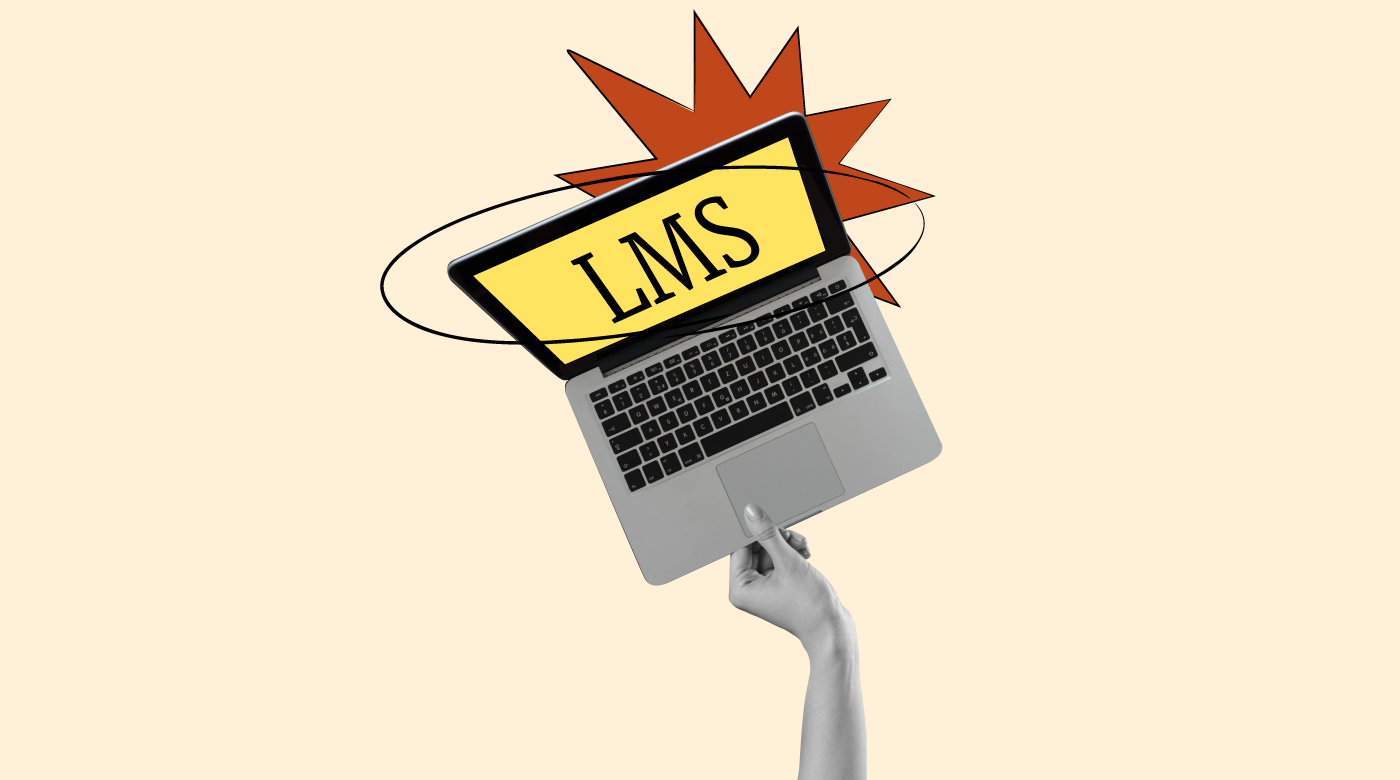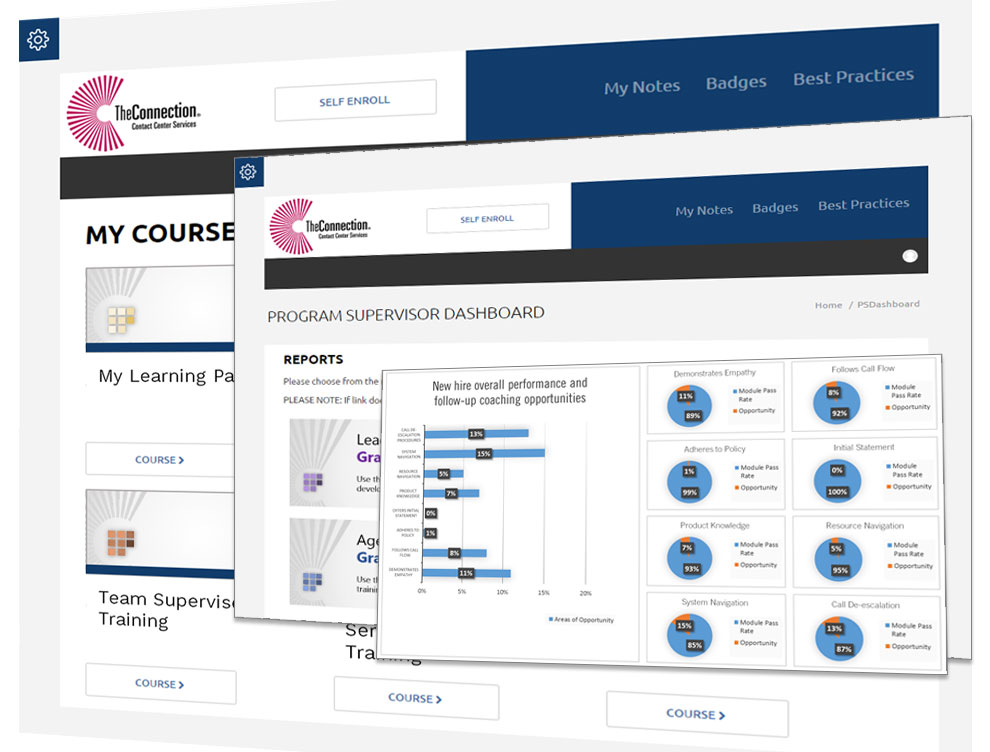Picking the Ideal Discovering Administration System for Your Organization
Picking the optimum Knowing Management System (LMS) for your company is a complex decision that requires mindful consideration of various components. From defining precise learning objectives that reverberate with your critical vision to assessing user experience, each aspect plays a critical role in the general effectiveness of the system. In addition, comprehending assimilation abilities and ensuring scalability for future demands can not be neglected. As companies pursue performance and growth, the option of an LMS becomes progressively substantial. What are the important considerations that can affect your decision-making procedure?
Specify Your Understanding Objectives
Specifying clear understanding objectives is necessary for the successful application of a Discovering Monitoring System (LMS) These objectives serve as a roadmap, directing the advancement of material, evaluations, and general training approaches within the LMS. By establishing details, measurable, achievable, relevant, and time-bound (SMART) goals, organizations can guarantee that the knowing experiences are lined up with their calculated goals and student requirements.
Efficient discovering goals must envelop what students are expected to understand or be able to do upon completion of a course or training program. This clarity not just aids in content production yet additionally promotes the analysis of student development and the general efficiency of the LMS. LMS Singapore. Furthermore, distinct purposes allow stakeholders to examine whether the selected LMS features and functionalities line up with their educational goals.
Assess User Experience
Once finding out purposes have been developed, examining individual experience becomes an essential next action in choosing a suitable Learning Administration System (LMS) User experience incorporates the overall satisfaction and convenience with which learners connect with the system. A well-designed LMS needs to assist in instinctive navigation, ensuring that individuals can locate programs, materials, and assistance effortlessly.
To assess individual experience, consider carrying out usability testing with a depictive sample of end-users. This can offer important understandings into exactly how students involve with the platform. Secret variables to assess consist of the LMS's user interface design, access functions, mobile compatibility, and the quality of instructions supplied. User comments is critical; collecting surveys or performing meetings can reveal common pain points and areas for enhancement.
Additionally, evaluate the schedule of support sources, such as tutorials and aid facilities, which can enhance the individual experience. The responsiveness of client support is likewise important; prompt aid can dramatically minimize frustrations that users may experience. Ultimately, selecting an LMS that prioritizes customer experience not just improves the finding out procedure however likewise promotes higher interaction and fulfillment amongst students.

Evaluate Assimilation Capacities
Identifying the relevance of smooth performance, examining combination abilities is important when choosing a Discovering Management System (LMS) An effective LMS should facilitate interoperability with existing systems, such as Personnel Monitoring Solution (HRMS), Client Relationship Management (CRM) systems, and other instructional tools. This integration improves data flow, decreases management concerns, and guarantees a cohesive understanding environment.
When analyzing an LMS, take into consideration the sorts of integrations offered. Try To Find Application Programming User Interfaces (APIs), Solitary Sign-On (SSO) capabilities, and pre-built adapters that improve integration procedures. Additionally, validate the LMS's ability to incorporate with third-party tools, such as content collections or assessment systems, which can substantially improve the knowing experience.

Think About Scalability and Flexibility
As companies evolve, the capacity of a Knowing Monitoring System (LMS) to scale and adapt ends up being increasingly essential. A scalable LMS can suit growth in customer numbers, course offerings, and material without compromising performance or customer her response experience. As companies increase, whether through enhanced employees, new places, or varied training needs, the LMS ought to flawlessly grow together with these adjustments.
Flexibility is equally crucial; an effective LMS has to support different finding out modalities, such as online, mixed, and mobile discovering. This adaptability allows organizations to respond promptly to arising trends in training and advancement, making certain visit here that they can offer appropriate and appealing learning experiences - LMS SG. Additionally, the system ought to supply personalized attributes, enabling organizations to tailor the LMS to their particular demands and branding
Additionally, an adaptable LMS needs to incorporate conveniently with existing devices and systems, promoting a cohesive understanding ecosystem. Therefore, when selecting an LMS, it is important to examine not just its present abilities but also its potential to expand and adjust in alignment with the organization's strategic objectives and advancing finding out requirements. This foresight can considerably enhance the long-term stability of the picked LMS.
Evaluation Costs and Budgeting
When evaluating a Learning Monitoring System (LMS), examining expenses and budgeting is important to guarantee that the investment aligns with the company's tactical purposes and monetary capabilities. Organizations needs to begin by identifying the complete expense of possession, that includes licensing fees, execution costs, upkeep, and any type of additional costs such as training and technical assistance.
It is important to contrast various LMS options, as rates designs can vary significantly among suppliers. Some systems may provide a subscription-based model, while others may bill a single fee. Organizations ought to additionally consider the scalability of the LMS; have a peek at these guys as they grow, the expense framework may change, impacting lasting budgeting.

Final Thought
Selecting an appropriate Learning Management System (LMS) is important for achieving organizational understanding purposes. Inevitably, the ideal LMS offers as an essential device in fostering an effective learning setting and driving business success (LMS Singapore).
Picking the ideal Knowing Management System (LMS) for your company is a complex decision that requires cautious consideration of numerous aspects.Defining clear understanding goals is important for the effective application of a Knowing Monitoring System (LMS)Once discovering objectives have actually been developed, examining user experience comes to be an essential following step in picking a proper Knowing Administration System (LMS)As organizations develop, the ability of a Knowing Administration System (LMS) to range and adapt comes to be significantly crucial.Selecting a proper Learning Administration System (LMS) is essential for accomplishing business learning goals.